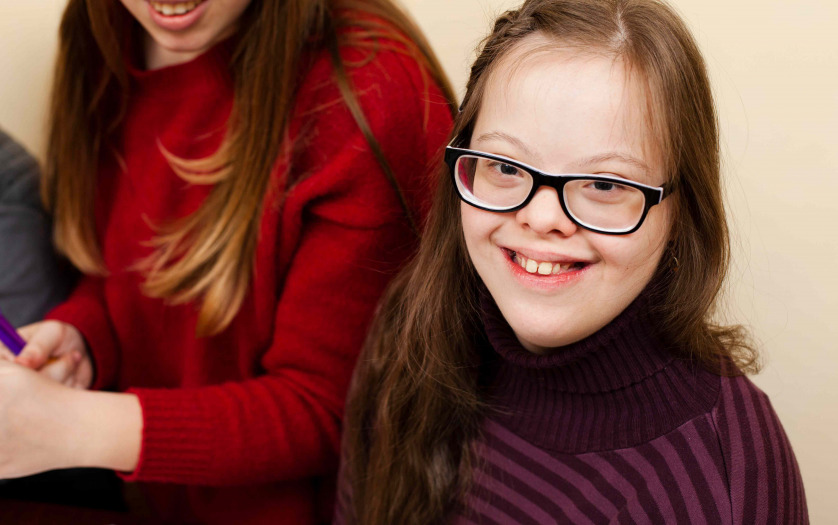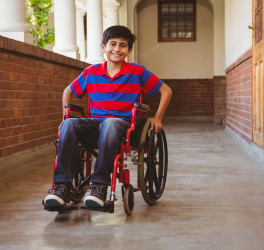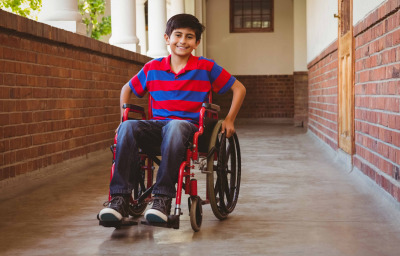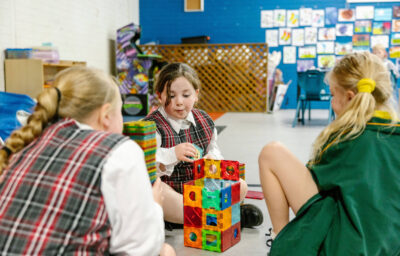
The coronavirus pandemic has challenged the way we manage our professional, academic and social obligations. For families with a child with intellectual and developmental disabilities (IDD), the pandemic has added an additional layer of challenges.
Being in a physical classroom in a school setting provides numerous benefits for students with IDD. It offers much-needed structure and a routine, clear boundaries, an opportunity for socialization and independence, and academic support that is aligned with the needs of each student.
With the likelihood of virtual classrooms for most students in the upcoming academic year, it is imperative that we think ahead for strategies that allow us to support our child and prevent the COVID slide. Similar to the “summer slide,” this is a phenomenon where students demonstrate reduced learning as a result of the summer break or in the current case, the circumstances brought about by the pandemic.
What can families of children with IDD do to address the COVID slide? The most important thing right now is to work with your child to create a realistic structure that holds their interest and keeps them engaged, creative, involved and continually learning. Based on my own research and a recent article that offers tips for families of children with autism, the following are some suggestions to get families started.
- Reach out to your child’s teachers, programs and therapists to see if they have any recommendations based on your child’s specific needs; ask the school if they can modify the mechanism for learning—perhaps you know from the March to June virtual stint that sitting in front of a live classroom via Zoom will not hold your child’s interest; search for a tutor to create a formal academic schedule at home—we all know children listen to other adults better than their parents.
- Look into educational apps that can be built into the daily schedule.
- Check if existing mentors for transition-aged or adult children can continue to check-in once a week to provide support and guidance.
- Schedule virtual time with grandparents where they can take turns reading a book or play virtual games with each other like Ludo. This is a win-win as older family members are also facing loneliness and would appreciate the connection!
- Make family walks and meals a time for fun learning, think “Can you make five equal piles with the peas on your plate?” “What do the numbers on that mailbox add up to?” “What do you see in the clouds?” and then make a story with that image being the main character.








